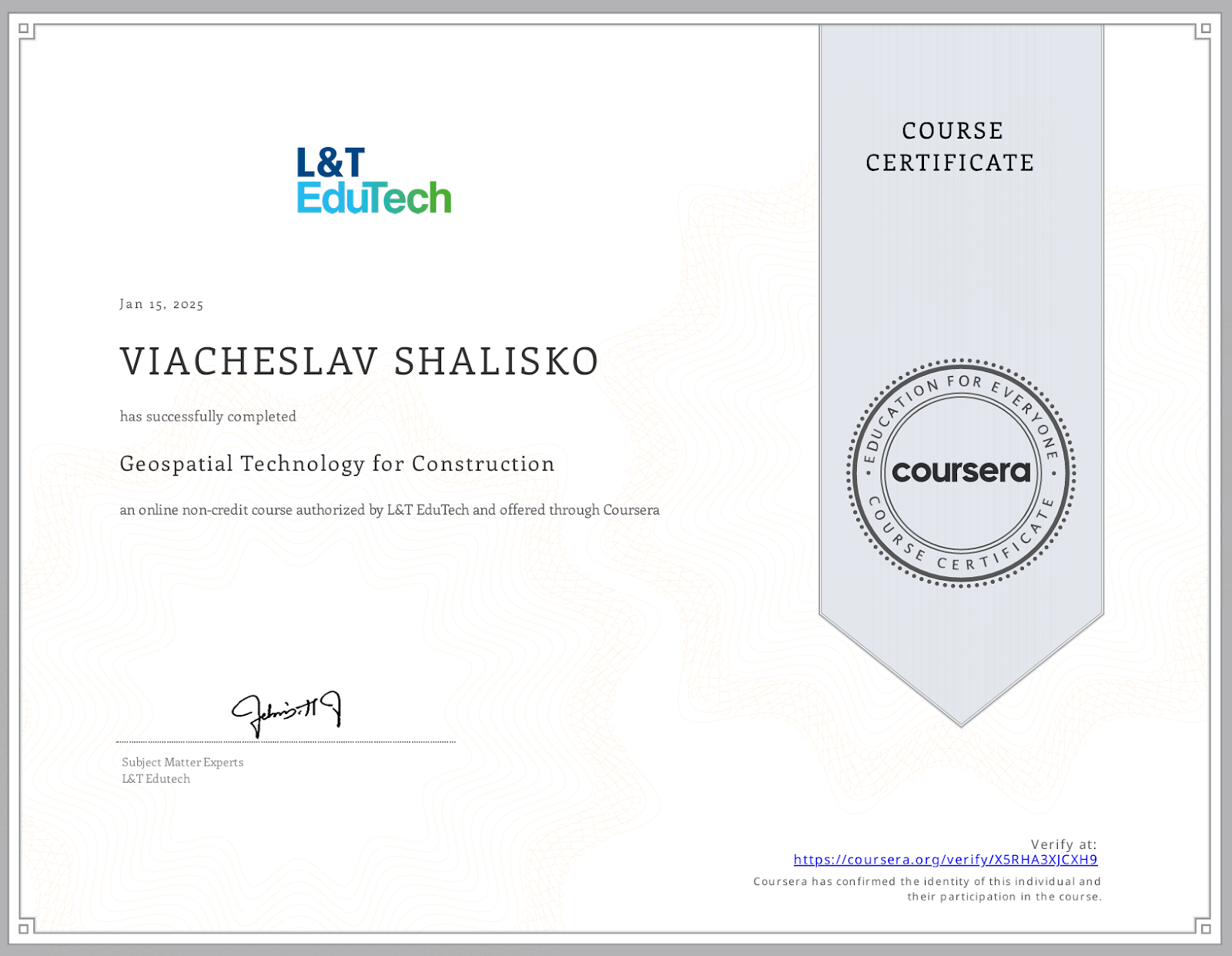Jan 10, 2026
Jan 14, 2025
Python OOP, Geospatial technology for construction
Читать дальше......
Nov 23, 2024
Jan 17, 2021
Jan 3, 2021
Pandemia en Jalisco: exceso de mortalidad en 2020 (cont.)
Jan 1, 2021
Pandemia en Jalisco: exceso de mortalidad en 2020
Dec 20, 2020
Pandemia en Jalisco
Читать дальше......
Dec 2, 2020
Sep 2, 2020
Читать дальше......Teaching Politeness https://t.co/PkrGC6KktI **New podcast: https://t.co/z1VWJhIkpd pic.twitter.com/0p1D2S3anO
— PHD Comics (@PHDcomics) October 25, 2018
Algunos certificados de cursos tomados en 2020 por medio de Coursera
Apr 13, 2020
On Zizek's Pandemic!
New Slavoj Zizek book Pandemic! seems prophetic for the new reality that could emerge after the COVID-19 catastrophy ends.
https://www.orbooks.com/catalog/pandemic/
Just one representative fragment:
Hegel wrote that the only thing we can learn from history is that we learn nothing from history, so I doubt the epidemic will make us any wiser. The only thing that is clear is that the virus will shatter the very foundations of our lives, causing not only an immense amount of suffering but also economic havoc conceivably worse than the Great Recession. There is no return to normal, the new “normal” will have to be constructed on the ruins of our old lives, or we will find ourselves in a new barbarism whose signs are already clearly discernible. It will not be enough to treat the epidemic as an unfortunate accident, to get rid of its consequences and return to the smooth functioning of the old way of doing things, with perhaps some adjustments to our healthcare arrangements. We will have to raise the key question: What is wrong with our system that we were caught unprepared by the catastrophe despite scientists warning us about it for years? (Zizek, 2020: 3-4)
Читать дальше......Sep 28, 2019
Tres categorías de académicos en México
De acuerdo con los datos publicados el año pasado en La Jornada
(https://www.jornada.com.mx/2018/07/29/politica/012n1pol) en la Academia mexicana existen tres estratos o clases: el inframundo (profesores de asignatura con sueldos muy bajos, 80% de todos), la clase media (unos 15%, con ingresos promedios mensuales cercanos a 1500 USD, profesores e investigadires de tiempo completo en las universidades) y la primera clase con salarios mensuales por encima de 2500 USD (menos que 5% de todos, incluyendo los academicos emeritos, lideres de grupos, etc.).
Esto se combina con las becas de SNI, estratificafas de forma similar, desde mas baja para el candidato al investigador nacional (250-300 USD mensuales) hasta mas alta para investigador de nivel 3 o emerito (algo como 1500 USD). Son unos 33 mil academicos que reciben estas becas en 2019.
Y ahora, buena noticia: ¡ayer salieron las listas de los investigadores SNI para el año 2019!
Apr 3, 2019
Читать дальше......Just another nice article on how not to mess with PhD completion. Nice to read it when everything is already done :)
— Viacheslav Shalisko (@VShalisko) 4 de abril de 2019
A PhD Student’s Race Against Time – How To Win/Graduate Fasterhttps://t.co/mrKPWwyfTl
Читать дальше......Thesis presentation today. Getting PhD. pic.twitter.com/BLGY2i1chu
— Viacheslav Shalisko (@VShalisko) 3 de abril de 2019
Читать дальше......This is exactly how my Thesis emerged! Cool chart.
— Viacheslav Shalisko (@VShalisko) 4 de abril de 2019
PHD Comics: PhD Years-to-Thesis Chapter Conversion Chart https://t.co/PRdscR3OJo vía @phdcomics





















